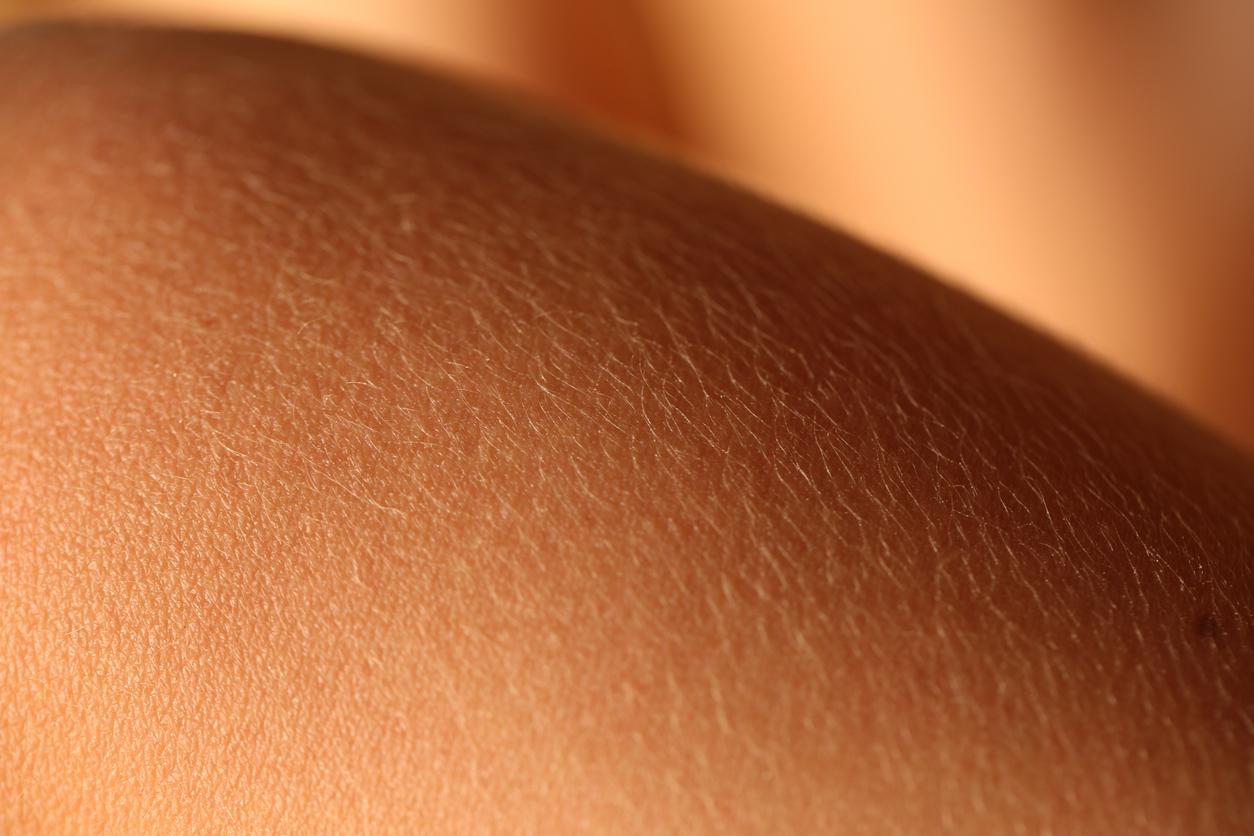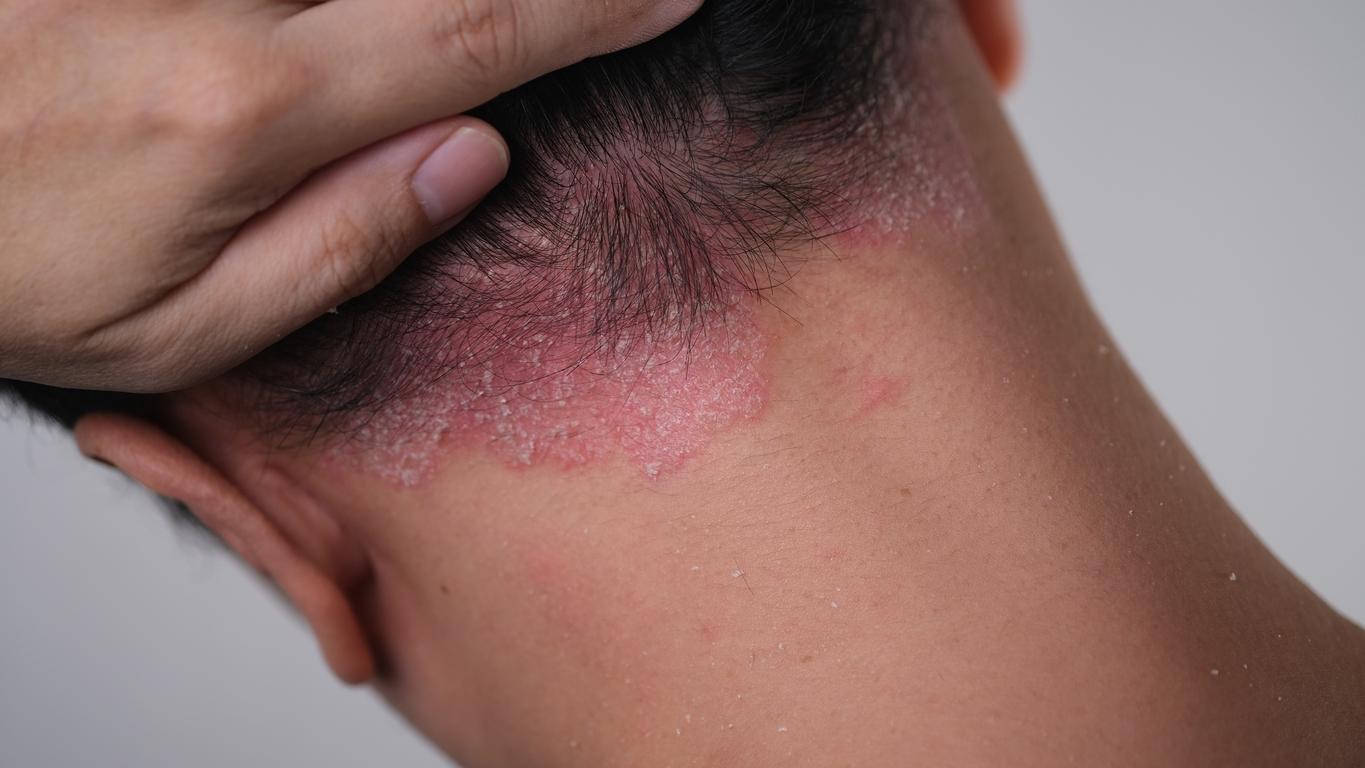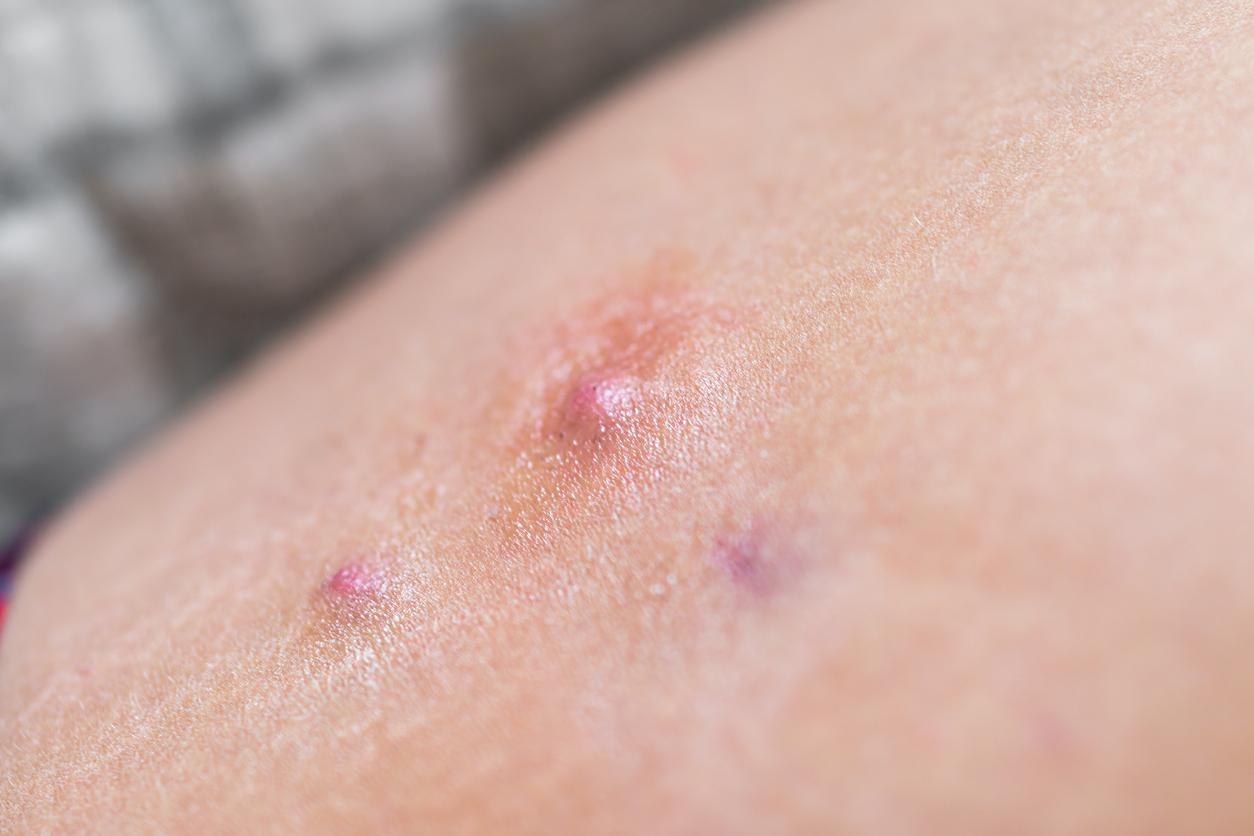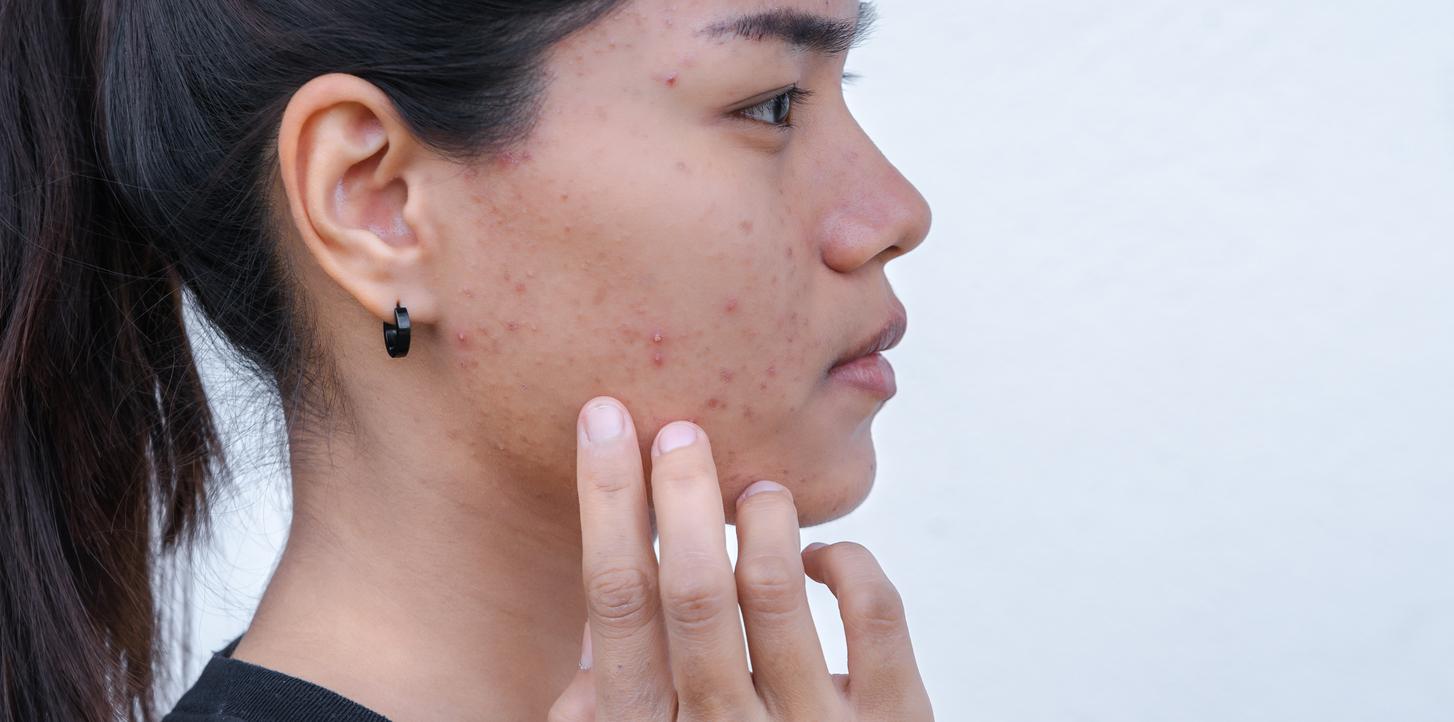It is the great neurosurgeon Yves Lazorthes who says it: “The world of smells, shapes, colors, sounds, is purely subjective; it is simple in appearance. Only touch provides the certainty of a reality… ”Well, touch is the set of five sensations: touch, pressure, heat, cold, and pain. Much of this information is specific: for example, we have no other way of knowing the temperature.
This sense, like all the others, deteriorates with age. This explains, for example, that as we age, we become more cautious because the blood circulation in the extremities decreases and alters the perception. It also explains why older people are more sensitive to temperature changes, do not have a strong taste for air conditioning, and prefer fans because they do not cause sudden changes in temperature. temperature.
Through touch, human beings can develop a whole non-verbal language. However, tactile contact can be perceived differently depending on cultures, gender – women are more sensitive – age or social status. In our society, only certain tactile contacts – among others, handshaking and hugs – are commonly accepted in social relationships.
Unlike the other senses, the interpretation of tactile messages by the brain remains, for scientists, a field still complex and obscure. Touch is not a sense independent of others. It helps to better connect vision and hearing, and can even significantly facilitate learning to read.
The skin is the heaviest, largest and most voluminous organ in our body. Touch, which depends on it, is therefore our least vulnerable sense: thus, when sight or hearing is impaired, touch still allows a fine interaction with the surrounding world. It is therefore exploited by certain visually impaired people who use the extreme sensitivity of the fingers in particular to obtain information and improve their communication. The use of braille is the major application of this potential.
In conclusion, touch is considered to be an expression of friendship, warmth, love, comfort and protection. Women show a greater receptivity to tactile contact. Men fear the invasion of their territory if no justification for touching is offered to them beforehand.
However, we will leave the final conclusion to Jean-Paul Sartre, who said: “The caress recreates the being that it caresses. “
.















